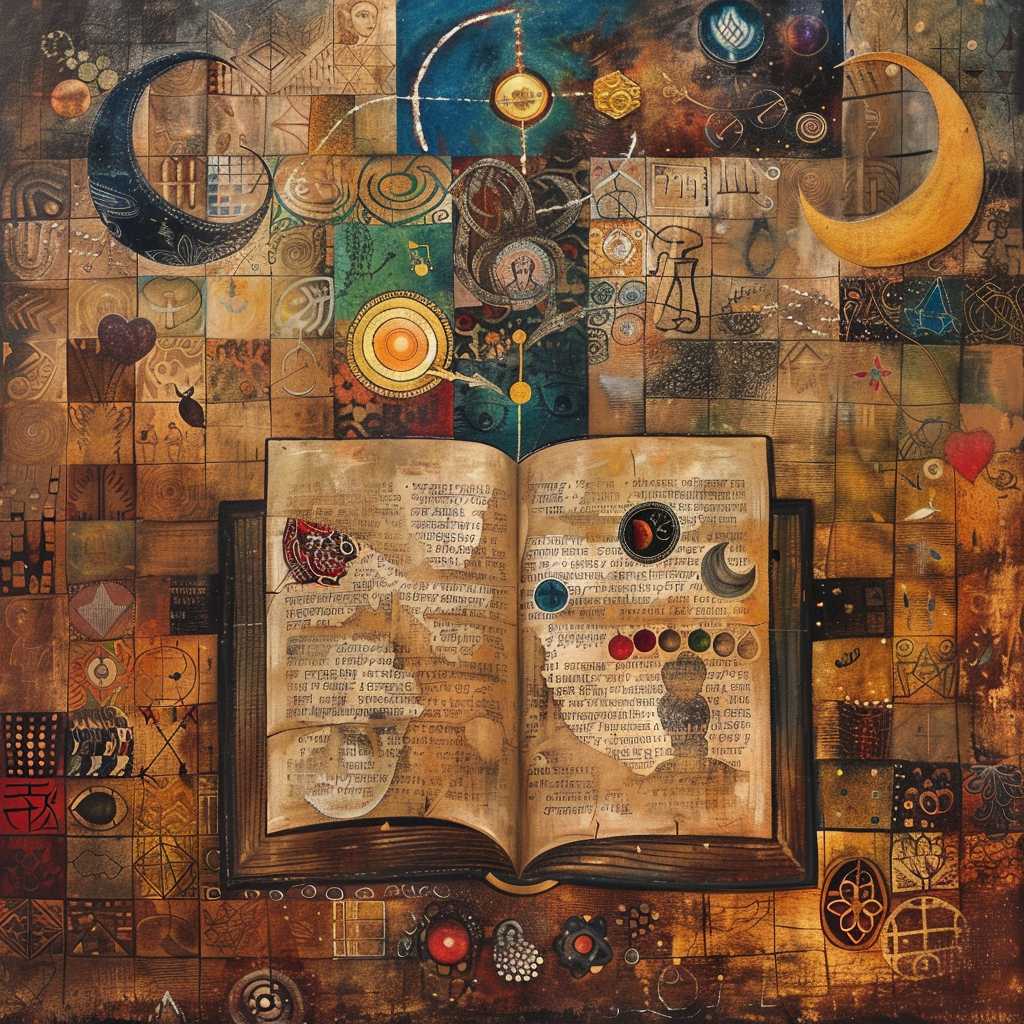The Phenomenon of Resurrection: Exploring Ideologies Across Different Cultures and Epochs
Resurrection, the belief in the restoration of life to the dead, without doubt represents one of the most powerful ideas that have driven human discourse, belief, and imagination throughout history. Across various epochs and amidst a myriad of cultures, resurrection has held a central position in religious narratives, spiritual contemplations, and philosophical debates. This comprehensive exploration wanders through the ancient origins, religious dimensions, scientific interactions, and cultural manifestations of the concept of resurrection.
Historical Significance of Resurrection
Resurrection has fascinated humanity from ancient civilizations to modern ideological structures. The idea birthed myths, supported religions, and plagued philosophers with questions about life, death, and the nature of existence.
Ancient Civilizations and Mythological Accounts of Resurrection
In many ancient civilizations, such as those of Egypt and Mesopotamia, resurrection was often interlaced with myths of gods and afterlife scenarios. Egyptian mythology speaks of Osiris, who was killed and resurrected, thereby symbolizing regeneration and rebirth. This narrative positioned beliefs in life after death as essential to their burial practices and ritual preparations for the crossover to another life.
Theological Perspectives on Resurrection
Within theological discourse, resurrection appears most predominantly within Abrahamic religions—Judaism, Christianity, and Islam—each offering a different perspective and context for the idea.
Judaism and Resurrection Beliefs
In Judaism, while early Hebrew scriptures maintain a silence on personal afterlife or bodily resurrection, later texts like the Book of Daniel insinuate a belief in the resurrection of the righteous. Medieval Jewish scholars like Maimonides formulated more definitive doctrines concerning resurrection which would later influence Jewish theology.
Christianity’s Foundation on Resurrection
Christianity holds resurrection at the core of its faith with the crucifixion and resurrection of Jesus Christ being foundation stones for Christian beliefs. The New Testament details this pivotal event and suggests that believers will also be resurrected to eternal life.
Islamic Perspectives on Life after Death
In Islam, resurrection is intertwined with ideas regarding Judgment Day and an eternal life predetermined by one’s deeds on Earth. The Quran often references the idea, pointing toward a day when the graves will yield their occupants in preparation for divine judgment.
Modern Philosophy and Critiques on Resurrection
Many modern philosophers have addressed or critiqued traditional views on resurrection, introducing existential ponderings about consciousness continuation or the identity paradox in theoretical resurrection scenarios.
Scientific Interface with the Concept of Resurrection
While topical at its heart within theological circles, the idea of resurrection has also found its way into scientific exploration to some extent.
Revival Sciences and Cryonics: A Step towards Physical Resurrection?
Advances in various fields such as cryonics—the practice of preserving bodies at extremely low temperatures with the hope that future technology can restore life—have led some to envision scientific methods that could mimic mythical concepts of resurrection.
The Psychological Realm: Death and Resurrection within Personal Metaphors
Resurrection manifests symbolically within psychological theories—often as metaphors for human coping mechanisms or consciousness studies—with thinkers like Carl Jung conceptualizing a psychological rebirth through individuation processes.
Artistic Representation: Resurrection in Literature and Media
The theme of resurrection pervades literature and media with characters undergoing metaphorical or literal resurrections having numerous catalysts ranging from divine intervention to technological marvels.
Cultural Resonance of Resurrection Themes
Beyond theology and science, cultural narratives often incorporate elements related to resurrection. Film industries across the world have produced movies wherein characters transcend death or are rendered immortal through supernatural or hyper-technological means.
Resurrection Landscape Today: A Synthesis of Old Beliefs and New Interpretations
In contemporary society, vestiges of ancient beliefs surrounding resurrection merge with pluralistic interpretations resulting from global information exchange. Now more than ever, the concept is immersed within discourses ranging from academic to pop culture contexts.
Notes
Image description: The picture portrays an open ancient text sprawling across an artist’s depiction background consisting of mystical symbols related to life and renewal themes, symbolizing humanity’s enduring fascination with resurrection across different cultures and ages.
